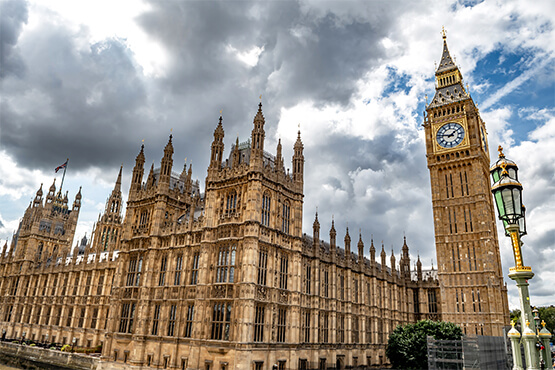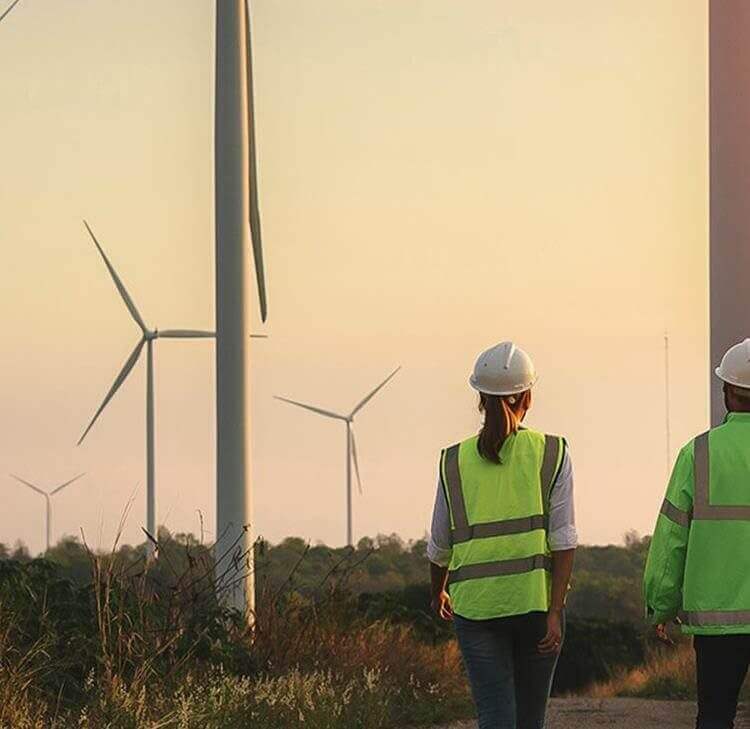
Welsh law and devolution lawyer services
Wales and its laws are different. We understand how Welsh law affects our clients in areas like health and social care, education, the environment and commercial transactions. We have a dedicated team of lawyers based in Cardiff who can provide clear, authoritative advice regarding these matters.
The body of Welsh law is rapidly expanding. Senedd Cymru has passed distinctive, ground-breaking legislation incorporating international principles of human rights and sustainable development and has established new public roles to promote those rights, including the rights of children, older people and future generations.
We have a growing team of Welsh law legal experts in Cardiff who are specialists in the Welsh devolution settlement. Our expertise means we work closely with key strategic Welsh organisations, such as the Welsh Government, Natural Resources Wales, Qualifications Wales and local authorities, on projects dealing with issues at the forefront of Welsh society, ranging from the Covid-19 pandemic inquiry to funding of renewable energy projects and redevelopment of coastal infrastructure.
"Tim Edds understands the Welsh public sector, ensuring that the advice is informed by the wider context in Wales."
Featured experience
A government body
We are the sole external legal advisors to the Welsh Government and a core participant in the Covid-19 Inquiry.
Ceredigion County Council
We are assisting the Ceredigion County Council on the full-scale regeneration and redevelopment of Aberaeron Harbour, a key part of the west Wales coastal infrastructure.
Qualification Wales
We advised Qualifications Wales Board and Executive in relation to the delivery of qualifications during the pandemic, including the incredibly challenging decision making regarding the cancellation of exams.
Our expertise
Testimonials
"I’ve worked on a number of projects with Browne Jacobson, notably managing the legal work to create Natural Resources Wales. They have always been professional, flexible where necessary, and focused on delivering our outcomes."
Key contacts

Tim Edds
Partner

Laura Hughes
Partner

Ben Standing
Partner

Peter Ware
Partner

Alex Kynoch
Partner

Julia Tune
Associate

Hannah Payne
Senior Associate
Halimah Sadiah
Solicitor Apprentice

Gerard Hanratty
Partner

Matthew Alderton
Partner

Dmitrije Sirovica
Partner

Steve Atkinson
Principal Associate
You may be interested in...
Press Release - Firm news
Browne Jacobson moves into new Cardiff office at One Central Square
Legal Update - Building safety
Building safety in Wales
Legal Update
Homelessness law reform in Wales: What the new Bill means for local authorities and housing associations
Opinion
Welsh Government's £36m development loan scheme: A vital step towards meeting 20,000 home target
Legal Update
The first Article 4 Direction in Wales successfully challenged in the High Court
Published Article
Devolution revolution?
Legal Update
The Homelessness and Social Housing Allocation (Wales) Bill: Can it really end homelessness in Wales?
Legal Update
Independent Water Commission report: Understanding key recommendations
Legal Update
A new planning bill for Wales: What will this mean?
Legal Update
Consultation on proposed changes to Estyn inspection regime in Wales
Press Release
Browne Jacobson appointed to Adra legal framework as housing association launches 2030 vision
Press Release
Browne Jacobson reappointed to Welsh Government Commercial Division panel
Legal Update - English devolution
Practical guide to the English Devolution Whitepaper
Press Release - English devolution
Comment on English devolution white paper
Press Release
King’s Speech 2024: Reaction from Browne Jacobson lawyers
Legal Update
The Air Quality and Soundscapes (Wales) Act 2024: How might the Act affect local authorities in Wales?
Press Release
Browne Jacobson supports establishment of East Midlands Combined County Authority
Press Release
At the forefront of society’s biggest issues - a reflection of our public sector work throughout 2023
Press Release - Firm news
Browne Jacobson bolsters presence in Wales with three new appointments
On-Demand
Practical Public Law Practice in Wales - The Welsh Admin Court and legitimate expectation
Press Release
Browne Jacobson’s public law team recognised in Wales Legal Awards 2023
Press Release
Browne Jacobson announces appointment of Barrister to its Cardiff office
Legal Update
Browne Jacobson grows Cardiff team with two new appointments
Press Release
Browne Jacobson advising the Welsh Government on the delivery of significant number of renewable energy projects
Press Release - #BeingBrowneJacobson
Our new office in the heart of Cardiff city centre
Opinion
Is over centralisation hindering economic growth?
Legal Update
The Retained EU Law
Created at the end of the Brexit transition period, Retained EU Law is a category of domestic law that consists of EU-derived legislation retained in our domestic legal framework by the European Union (Withdrawal) Act 2018. This was never intended to be a permanent arrangement as parliament promised to deal with retained EU law through the Retained EU Law (Revocation and Reform) Bill (the “Bill”).
Legal Update
Significant intervention by Senedd Environmental Committee
A Senedd committee has made a significant intervention in relation to post-Brexit environmental protection arrangements in Wales.
Legal Update
Welsh Human Rights Bill: A parting of the ways?
The Welsh Government has published a report setting out a blueprint for devolution of justice and policing in Wales that pulls no punches in making the case for taking greater control from Westminster.
Legal Update
The Introduction of the Social Partnership and Public Procurement (Wales) Bill by the Welsh Government
Legal Update
Changes to the statutory framework for local government in Wales
The Local Government and Elections (Wales) Act 2021 (“the Act”) establishes a new and reformed legislative framework for Welsh local government elections, democracy, governance and performance. Many of the most significant changes contained in the Act came into force earlier this month.
Published Article
Building systems – the lessons to be learned
At Browne Jacobson, we have been working with NHS and local government bodies at national and more local levels on this system reform, and so this is a question we’ve been working to answer for some time.
Press Release
Browne Jacobson’s energy & infrastructure specialists advise Welsh European Funding Office on major tidal renewable energy project
Browne Jacobson’s specialist energy & infrastructure lawyers have advised the Welsh European Funding Office (WEFO) on a significant £31m funded tidal energy project, located in Anglesey, off the North West coast of Wales.
Legal Update
Aarhus legal costs in environmental claims
Legal Update
Wynne-Finch and others v Natural Resources Body for Wales [2021] EWCA Civ 1473
Historic exceptions of mines and minerals did not include mudstone, the common rock of the district.




























